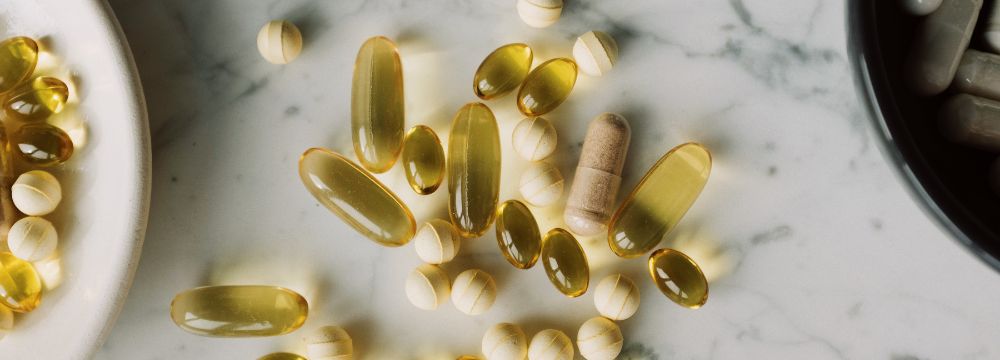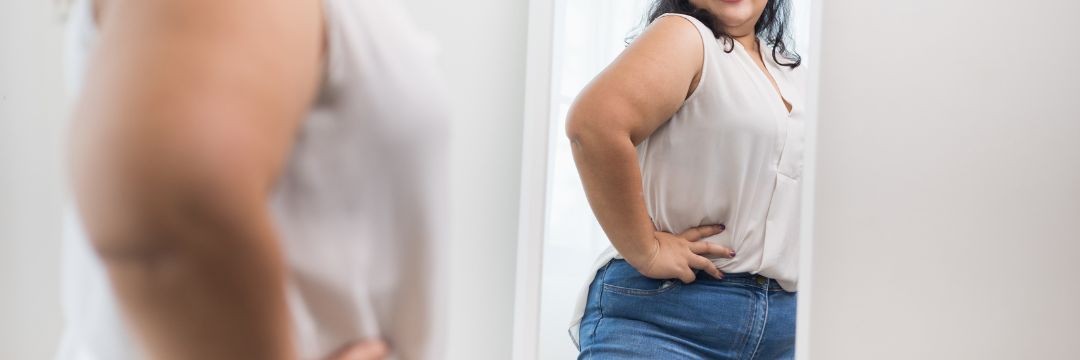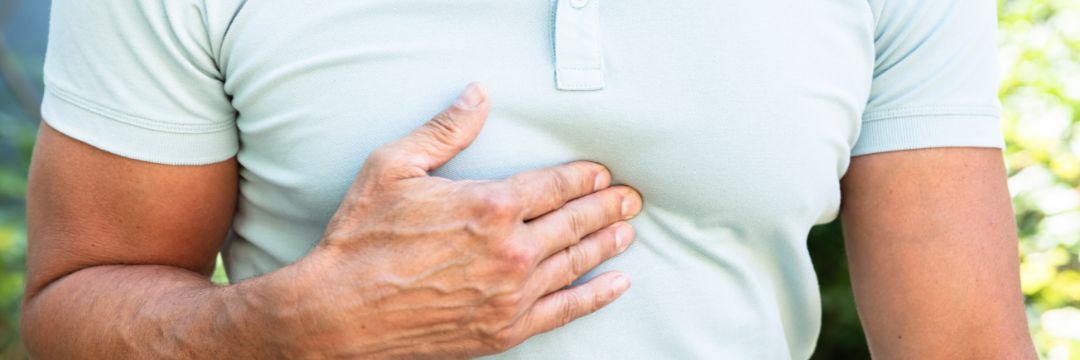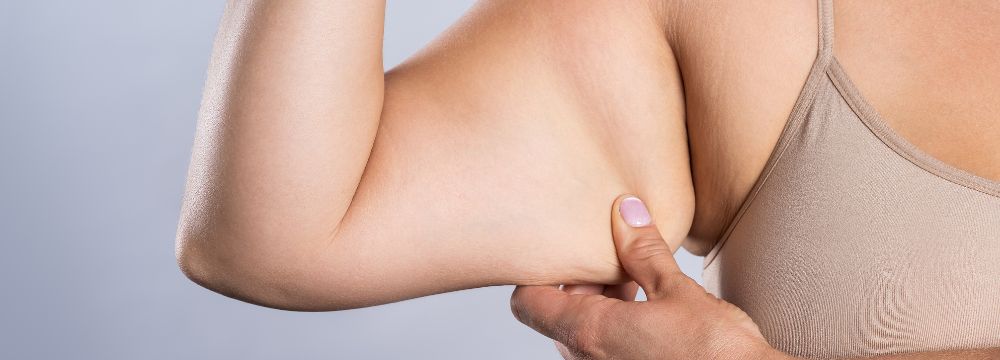After Bariatric Surgery

Vitamin D is one of the most crucial vitamins our bodies need, regardless of whether we’ve had bariatric surgery. It is also a vitamin many if not most, Americans are deficient in. Why? Exposure to ultraviolet radiation (sunlight primarily) allows for the synthesis of Vitamin D. Now, you may spend plenty of time in the sun, but if you use sunscreen/sunblock, your skin will absorb far less UV. Vitamin D deficiency has been associated with several possibly problematic issues, including a lack of calcium absorption that can lead to osteoporosis, fatigue, bone pain and more. The benefits of adequate vitamin D levels extend beyond the physical as well. Vitamin D can prevent or help manage anxiety and depression.
How to Get Vitamin D
Vitamin D is primarily synthesized by unprotected exposure to the sun. Of course, this begs the question of whether exposure to sunscreen Increases the risk of skin cancer, and it most certainly does. As such, patients can speak to their primary care physician and their dermatologist to find a good balance between sun exposure and skin cancer prevention. Typically, just a few minutes a day in the sun, not during the hottest time of the day, i.e., 11 AM to 3 PM, is enough to start moving the needle and vitamin D levels. That said, some people are genetically predisposed to lower vitamin D absorption. So, if you find that your levels remain low even with some sun exposure, speak to your doctor about what you can do.
For most, vitamin D supplementation in a small gel cap is perfectly adequate for vitamin D optimization. While not very common anymore, vitamin D2 should be avoided in favor of vitamin D3, which offers better absorption. These caplets range in dosage starting at 1000 international units. Your doctor will tell you how much to take as a therapeutic dose. Fortunately, vitamin D is processed efficiently in the body, and the upper limit of vitamin D intake is higher than most patients will ever consume.
Vitamin D injections are also an option. If your doctor believes your deficiency is critical and you need an immediate boost. These injections are 300,000 units and put the vitamin directly into the bloodstream. Your doctor will let you know whether they believe this is necessary.
Vitamin D Through Food
While many foods and drinks are fortified with vitamin D, these levels are typically too low to make a difference, especially in the short term. Also, their caloric value may be high enough that they cause weight gain in the quantities needed for a therapeutic dose of vitamin D. As such, we do not look toward these foods as an appropriate way to boost vitamin D. This is especially true after bariatric surgery as many vitamin D fortified foods are processed and should not be consumed regularly by bariatric patients.
That said, vitamin D is in the multivitamin you take daily after surgery. Based on our periodic blood test, we will recommend additional vitamin D supplements if necessary. Be sure to take the supplement consistently unless told otherwise, as it can take a few weeks for vitamin levels to increase and stabilize at a higher level.
The Bottom Line
Supplementation is essential to staying healthy after bariatric surgery and can also improve health before the procedure. If you are waiting for your bariatric procedure, speak to your doctor about your latest blood levels to see if you should supplement. Doing so before surgery can improve your risk factors, make you feel better, allow for an easier recovery, and give you a jumpstart toward better health after surgery.








